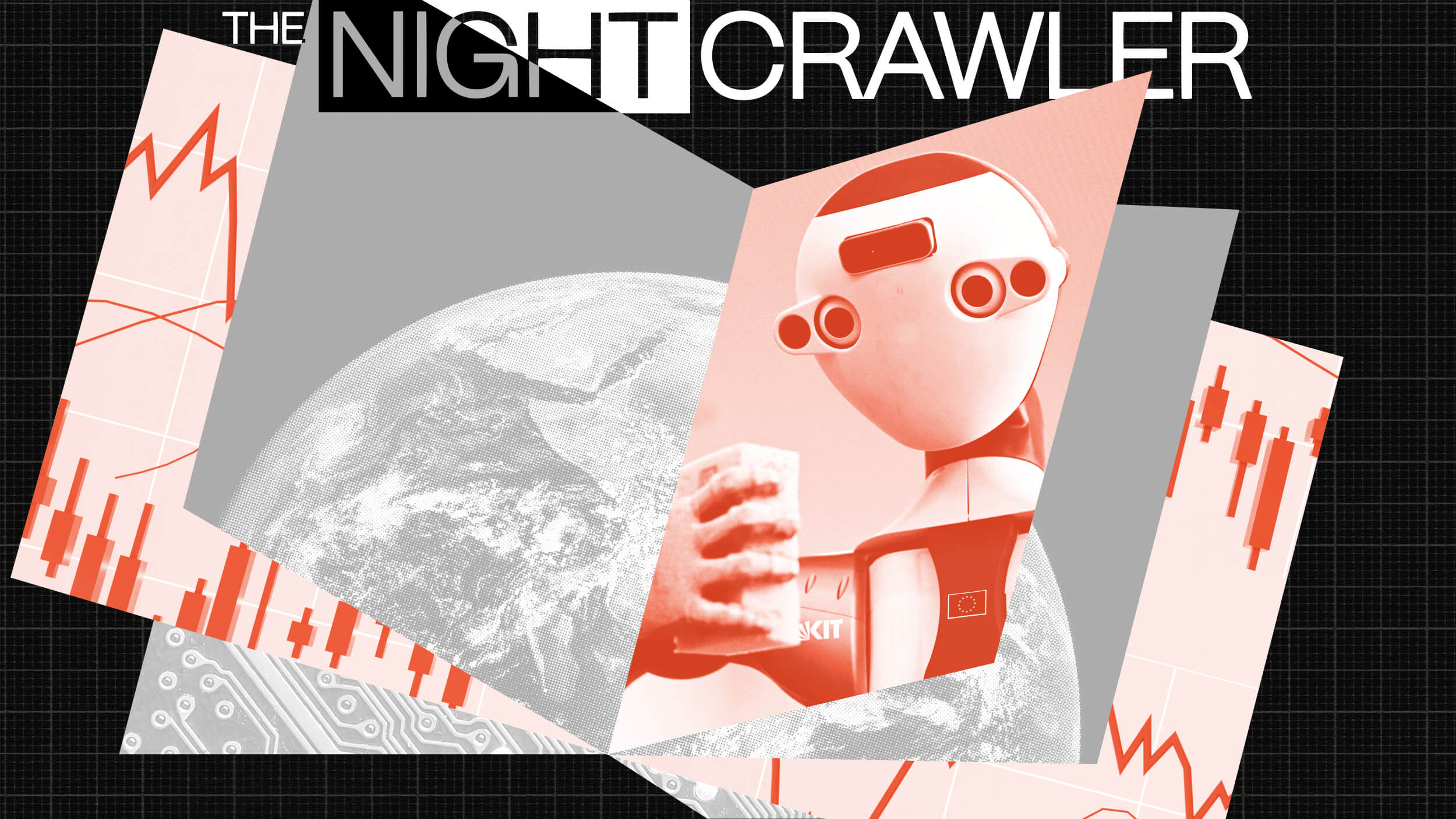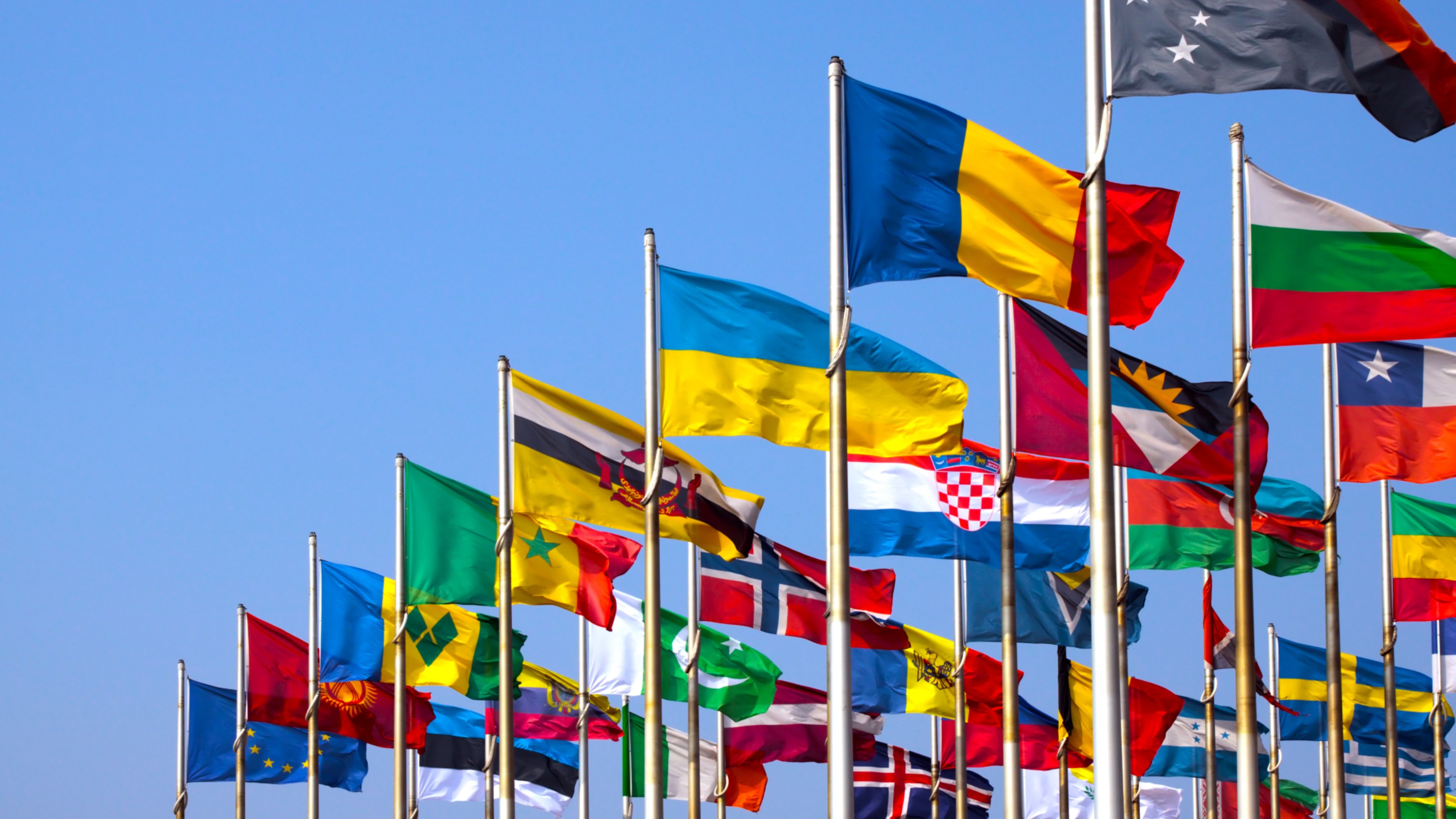Tribe talks about being born a few months before Pearl Harbor in Shanghai, his first experience with injustice and how he landed at Harvard.
Question: Who are we?
Laurence Tribe: Well I was born really a couple of months before Pearl Harbor. My father had come from a little town near Mince, Poland to … when he was very young. My mother had been born in … and was considerably younger than my dad. They were married there in 1940 and went to Shanghai in 1941, where I was born in October. They were part of a European-Jewish migration – in their case actually pre-Hitler, escaping the pogroms and the Czar. … was a hospitable place at first and then became less so. Shanghai became the magnet even though they came to Shanghai after 1937 which was kind of the cutoff date for European Jews. After that European Jews who came to Shanghai had to live in the ghetto. Somehow we managed to live in the French Quarter. I have just tiny little memories of what it was like. I remember standing on a stool waving goodbye to my father when he was taken away to a Japanese concentration camp where he went because he had become an American citizen when he was just in his 20s. He had lived in San Francisco for a period of years, had become a U.S. citizen. And as it turned out that was something he was proud of, but it didn’t stand in a very good stead in Shanghai when we were at war with Japan. My mom was a stateless person, and I had no citizenship at that time. I became a nationalized U.S. citizen later. So my mother and I, and her sisters, and her parents – my grandparents – all lived in the little parts of the French Quarter in Shanghai while my father was in this camp. And it was a period that I . . . can’t have been very pleasant for me; but on the other hand it was kind of an extended family and quite supportive.
I went to an English speaking kindergarten but I kind of refused to learn English. I just wanted to speak Russian. I was kind of a cut up in that kindergarten as I understand it. The teacher’s report was that I talked too much and that I didn’t have very good fine muscle coordination. I have found that report since. When my father was released from the camp shortly after Nagasaki – Hiroshima and Nagasaki – I remember feeling that, you know, somehow things had been partially set right but still something was wrong. He hadn’t done anything wrong but he was away. We got to visit him once or twice in the camp, and I remember those visits actually fairly well. I remember being very sad about leaving Shanghai when I was . . . I guess it was in March of 1947 before I turned six that we left, and I very much remember thinking that I might never see my grandparents again. So I promised them I would study to become a doctor so that I could discover the secret to eternal life. I would also invent a transatlantic or transpacific – whatever it would have been – telephone. I don’t know that it was easy to talk from Shanghai, San Francisco in those days. Maybe not even possible, but I assured them that I would either become a doctor and keep them alive forever, or talk to them on a phone I would invent. I wasn’t a very realistic kid, I guess. I remember the trip over on the SS General Gordon. It was a steam ship, and we were pretty much in the . . . down in the belly of the (04:42) ship. It was like a dormitory with women and children in one area and men in another. Not exactly a luxury voyage. It was a sort of . . . I remember getting seasick. I remember hunting around the ship for tomatoes for a woman who got sick. I always get lost when I go from Point A to Point B. That’s standard. So I got lost somewhere on the ship, and I remember very much feeling proud that I had somehow found myself and managed after a few hours to get back to my mom. Then we moved to San Francisco. I mean that’s where the ship took us after stops in Kyoto and Honolulu. And in San Francisco I insisted on not talking Russian. I mean I didn’t really know any English to speak of or to speak in, and the kids made fun of me because I spoke this funny language, and my parents wanted me to continue speaking Russian at home and English outside the house, but I refused. I said I’m …. “I can’t” or something like that. I basically made it clear I was going to speak one language or the other. And now I regret it because although my Russian accent is okay, and I can certainly understand Russian, I can’t find the words when I need them.
After a while I got to speak English and then I went to school – public schools in San Francisco. And when I was about 16 I went to Harvard and have been there kind of stuck in the mud as it were, although not exactly mud, ever since. I haven’t really gone anywhere. I mean I spent the year away clerking at the California Supreme Court, and a year at the U.S. Supreme Court, and a year at the National Academy of Sciences. But apart from that, from the age of 16 to the age of 66 – for 50 years – I’ve been at Harvard, and it’s a nice place. But I sometimes wonder if a life spent all in one institution is the best way to do it. I always assumed I would do something in the government. It never quite happened. I got appointed to various things. When I wanted to represent Hawaii in defending its land reform in the Supreme Court I had to be made a Special Deputy Attorney General of Hawaii. And at one point I was “Special Something or Other” for California defending its nuclear moratorium. Basically I’ve been a Harvard Law Professor just about all my life.





